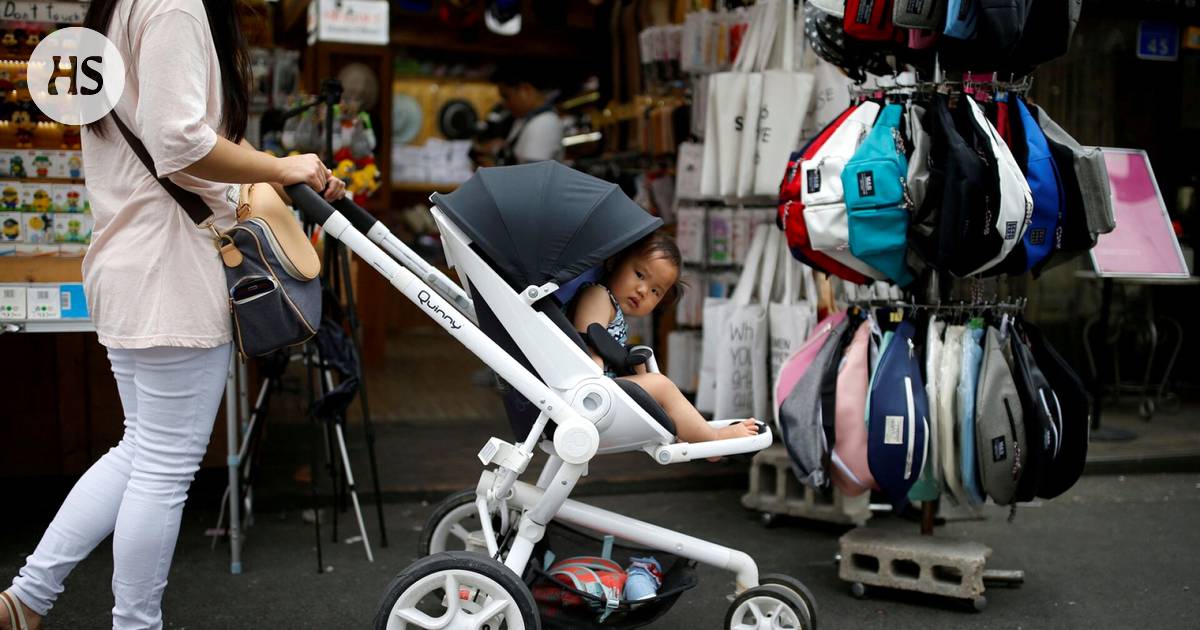South Korea’s low birth rate has been a cause for concern for many years. The country has the lowest birth rate in the world, with its total fertility rate declining to 0.71, well below the replacement rate of 2.1 children per woman estimated by the OECD. This crisis is not only affecting South Korea’s population but also its societal implications such as a decrease in the number of personnel in the Defense Forces and declining student enrollment in universities.
As parliamentary elections are approaching, many candidates are proposing new incentives to encourage potential parents to have children. These proposals include housing allowances, tax breaks, mandatory paternity leave, and subsidies for egg freezing programs.
However, South Korean companies are recognizing that addressing the fertility problem is crucial in tackling the population crisis and ensuring a sustainable future for their country. Companies like Booyoung Group have implemented a unique incentive for their employees by offering a bonus of nearly 70,000 euros for each baby born to an employee.
Lotte has also successfully increased the fertility rate among its employees by offering mandatory maternity and paternity leaves to employees. This proactive approach is essential in tackling the population crisis and ensuring a sustainable future for South Korea.
In contrast, Finland has a fertility rate of 1.32, highlighting the stark difference between the two countries. It is evident that urgent action is needed to address the low birth rate in South Korea and prevent further population decline.
South Korea’s political decision-makers and companies are actively seeking solutions to improve the birth rate. Their innovative approaches such as offering bonuses for baby births or providing mandatory maternity leave are crucial steps towards addressing this issue.
The declining birth rate poses a threat not only to South Korea’s population but also its societal implications such as a decrease in personnel in Defense Forces and declining student enrollment in universities.
Urgent action is necessary to address this crisis before it becomes too late. By implementing policies that encourage childbirth and promoting work-life balance, we can ensure a sustainable future for South Korea.
